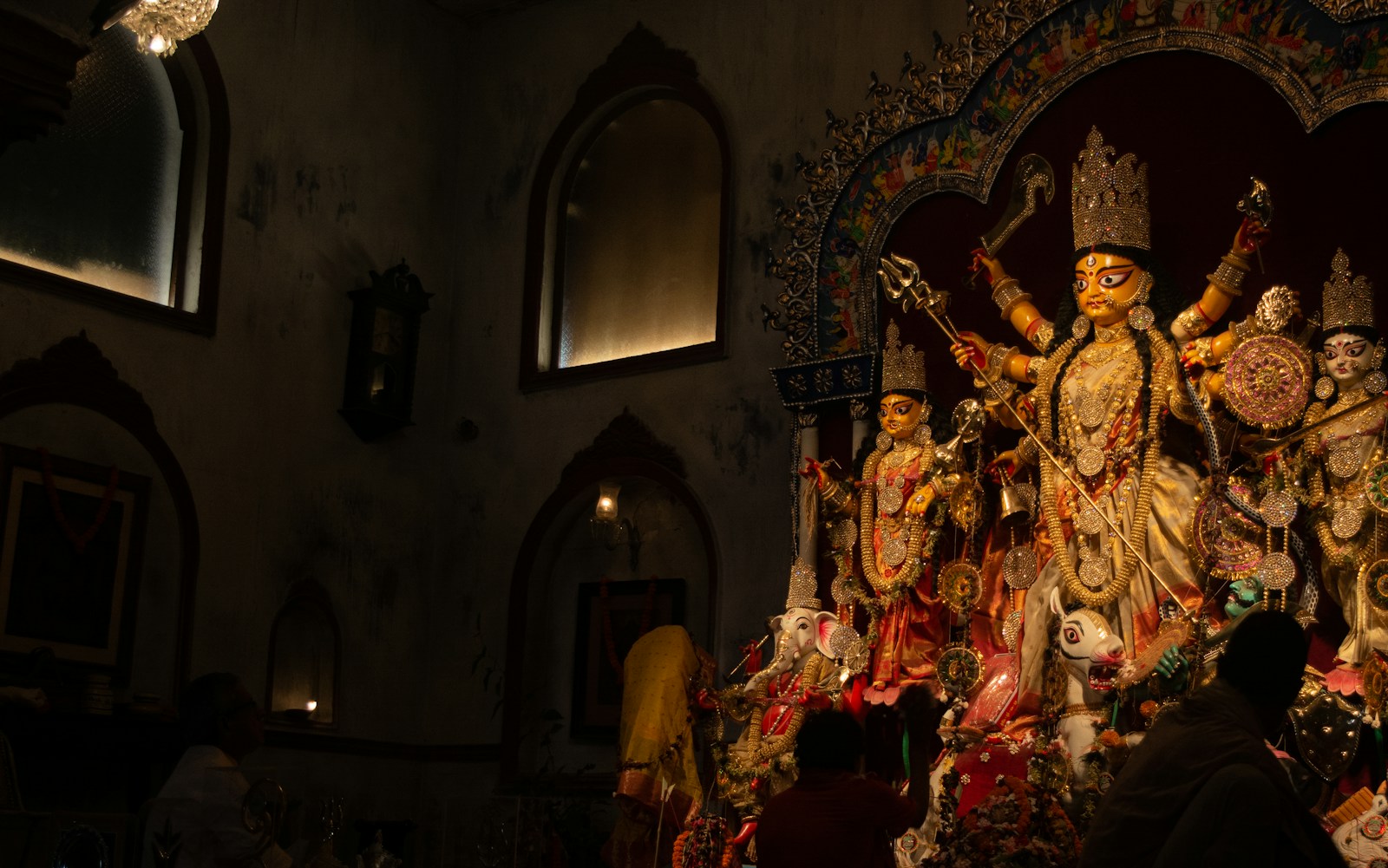
做鬼脸
zuò guǐ liǎn

make silly faces
The Chinese phrase '做鬼脸' is used to describe the action of pulling funny or exaggerated facial expressions, often to entertain others or to be playful. It can be used in various contexts, such as among children or friends to induce laughter or lift the mood.
Example sentences using: 做鬼脸
他总是喜欢在镜子前做鬼脸。
tā zǒng shì xǐ huān zài jìng zi qián zuò guǐ liǎn.

He always likes to make silly faces in front of the mirror.
This phrase describes someone who enjoys being playful and humorous, using their reflection as a way to entertain themselves by making funny expressions.
孩子们在派对上做鬼脸,逗得大家哈哈大笑。
há zi men zài pài duì shàng zuò guǐ liǎn, dòu dé dà jiā hā hā dà xiào.

The children made silly faces at the party, causing everyone to laugh loudly.
This sentence captures a joyful moment at a party where children's playful antics bring happiness and laughter to the group.
在课上,他总是爱做鬼脸来搞笑。
zài kè shàng, tā zǒng shì ài zuò guǐ liǎn lái gǎo xiào.

In class, he always loves to make silly faces to be funny.
This phrase illustrates a student's behavior in class, using silly faces as a way to entertain their classmates and create a lighthearted atmosphere.